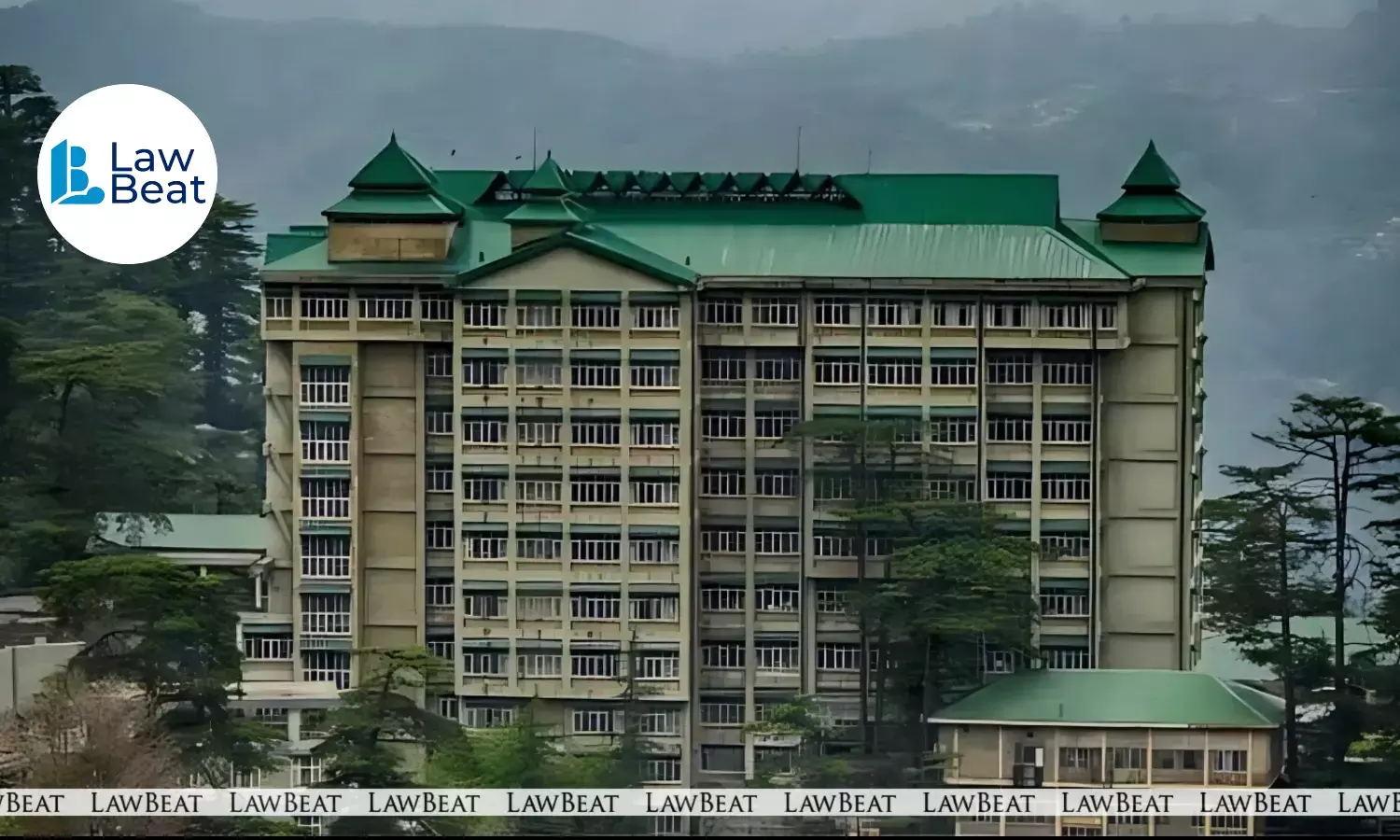SC Boy Locked in Cowshed for ‘Defiling House’, Himchal Pradesh HC Denies Pre-arrest Bail to Woman

The Himachal Pradesh High Court refuses anticipatory bail for woman accused of assaulting Dalit boy over caste
The Himachal Pradesh High Court recently refused to grant anticipatory bail to a 50-year-old woman accused of assaulting and confining an 11-year-old Dalit boy for allegedly “touching her house,” calling the act prima facie caste-based and within the ambit of the Scheduled Castes and Scheduled Tribes (Prevention of Atrocities) Act, 1989.
The bench of Justice Rakesh Kainthla, while hearing the bail plea filed by Pushpa Devi, observed that the allegations reflected deep-rooted caste prejudice and constituted an atrocity motivated by the victim’s Scheduled Caste identity.
Initially, at Chirgaon police station in Shimla district, the FIR was registered under various provisions of the Bharatiya Nyaya Sanhita (BNS). However, after investigation, the police filed a status report asserting that Sections 3(2) (v) and 3(2) (va) of the Scheduled Caste and Scheduled Tribe (Prevention of Atrocities) Act, 1989 (SC & ST Act) were also attracted in the case.
It was alleged that the deceased Sikander, an 11-year-old from the Scheduled Caste ‘Koli’ community, was beaten and locked inside a cowshed by Pushpa Devi. Devi allegedly claimed that the boy had “defiled” her house by touching it and demanded a goat for its “purification.” Witnesses Kumari Manju, Suresh Kumar, and Sarojini Devi corroborated the events, while the accused herself admitted in a local television interview that she had confined the child until her demand was met.
The state added provisions of Sections 3(2)(v) and 3(2)(va) of the SC/ST Act after confirming the caste of the deceased. The prosecution maintained that the actions of the accused were directly linked to caste bias and thus attracted the stringent provisions of the Act.
Arguing for the petitioner, Advocate Suman Thakur submitted that the anticipatory bail plea was maintainable since no prima facie offence under the SC/ST Act was made out, relying on the Supreme Court judgment in Prathvi Raj Chauhan v. Union of India (2020). However, Additional Advocate General Jitender K. Sharma opposed the plea, contending that Section 18 of the Act expressly excludes the applicability of Section 438 of the CrPC in such cases.
Upholding the state’s objection, court ruled that the complaint and investigation records clearly disclosed caste-based hostility. “The offence was committed because of the caste of the deceased and would not have been committed had the deceased not belonged to a Scheduled Caste,” Justice Kainthla observed.
Citing the apex court’s decisions in Prathvi Raj Chauhan (2020) and Kiran v. Rajkumar Jivraj Jain (2025), the bench reiterated that anticipatory bail under Section 438 CrPC cannot be granted where prima facie evidence exists of an offence under the SC/ST Act. Court also emphasized that the Act’s bar on anticipatory bail, far from violating Article 21, serves to protect vulnerable communities from intimidation and social injustice.
Dismissing the plea as not maintainable in view of the bar contained in Section 18 of the SC & ST Act, the judge clarified that the observations would not affect the merits of the ongoing investigation or future trial proceedings.
Case Title: Pushpa Devi vs State of Himachal Pradesh
Order Date: October 14, 2025
Bench: Justice Rakesh Kainthla
